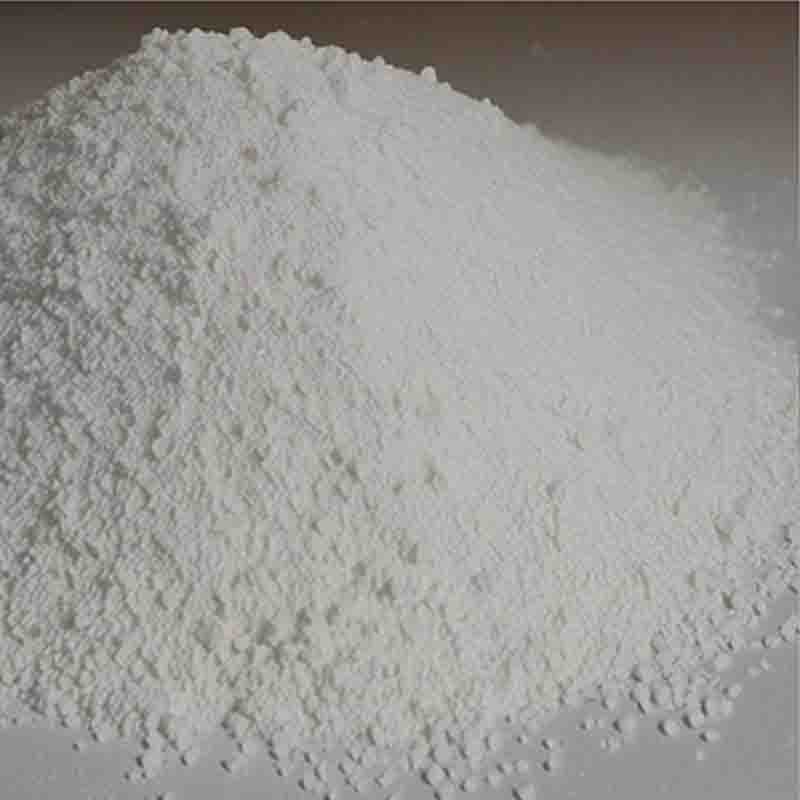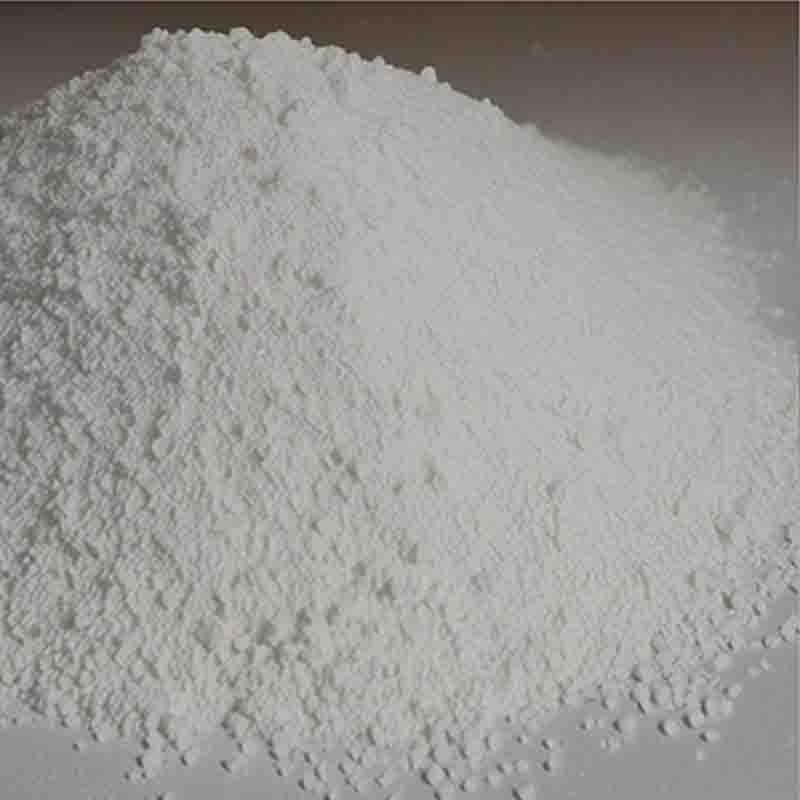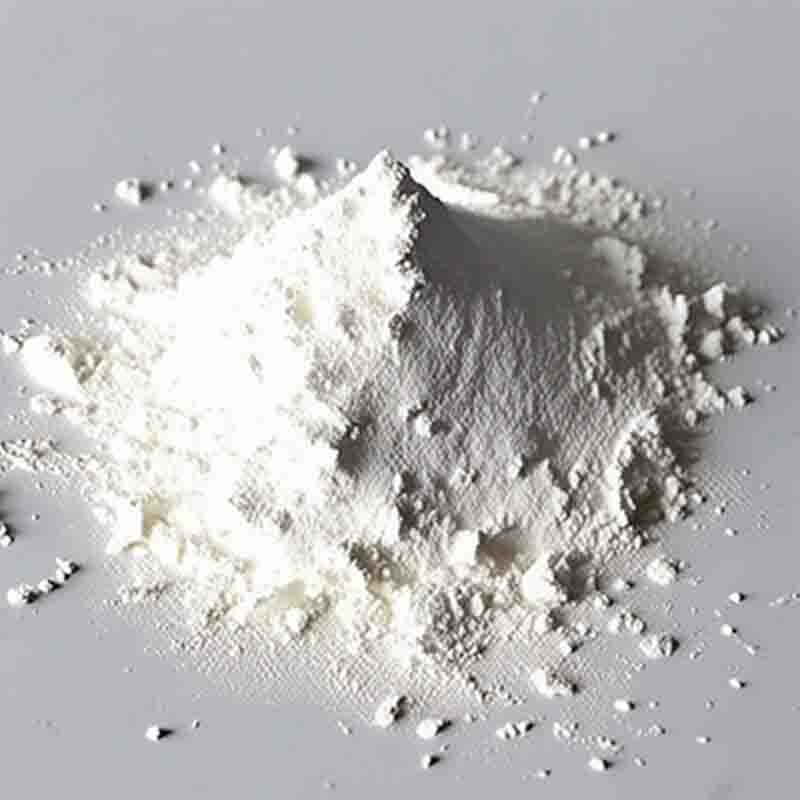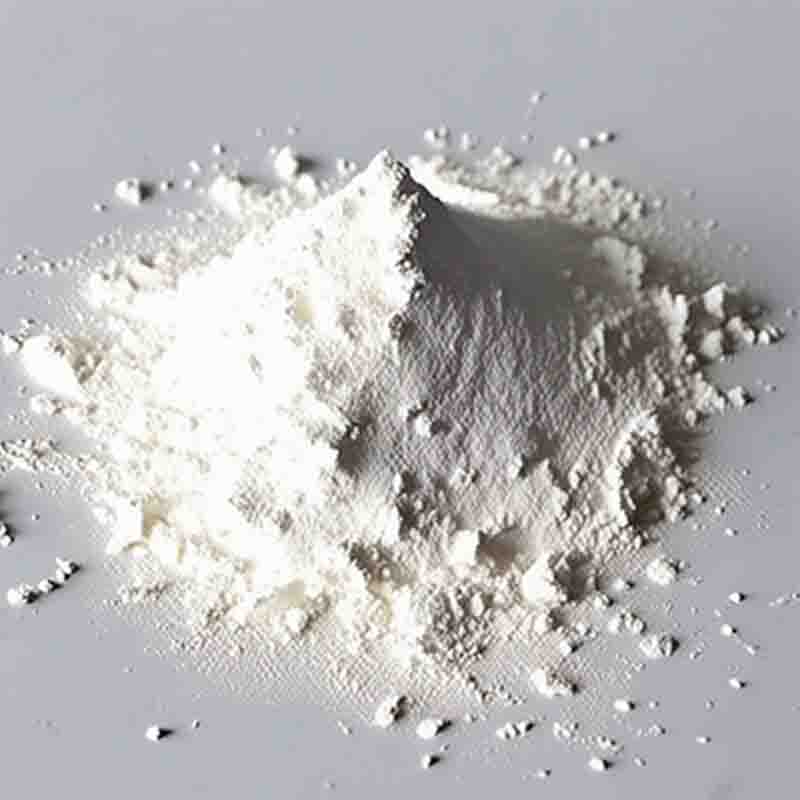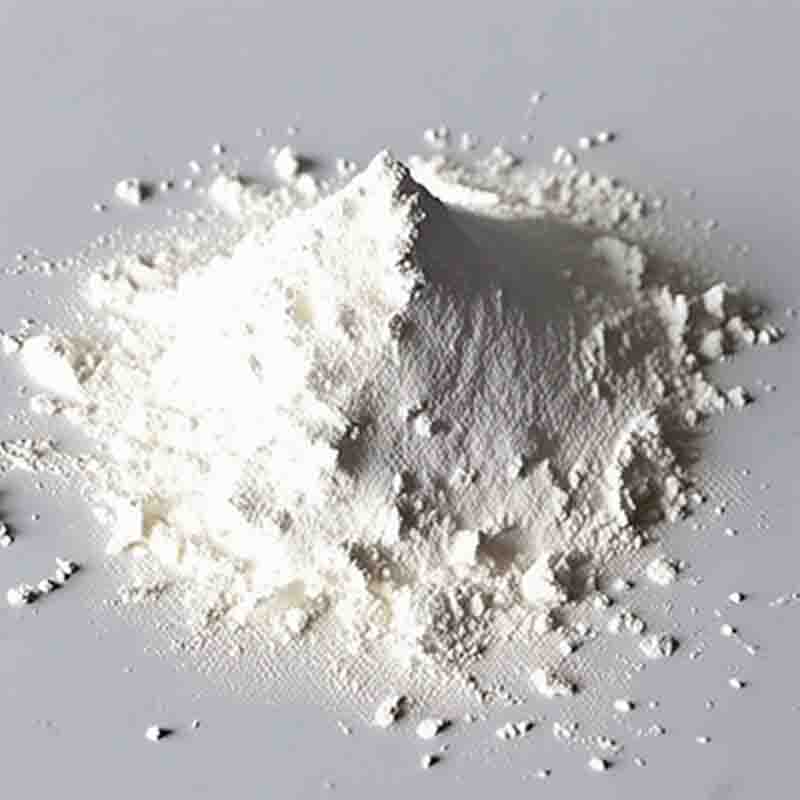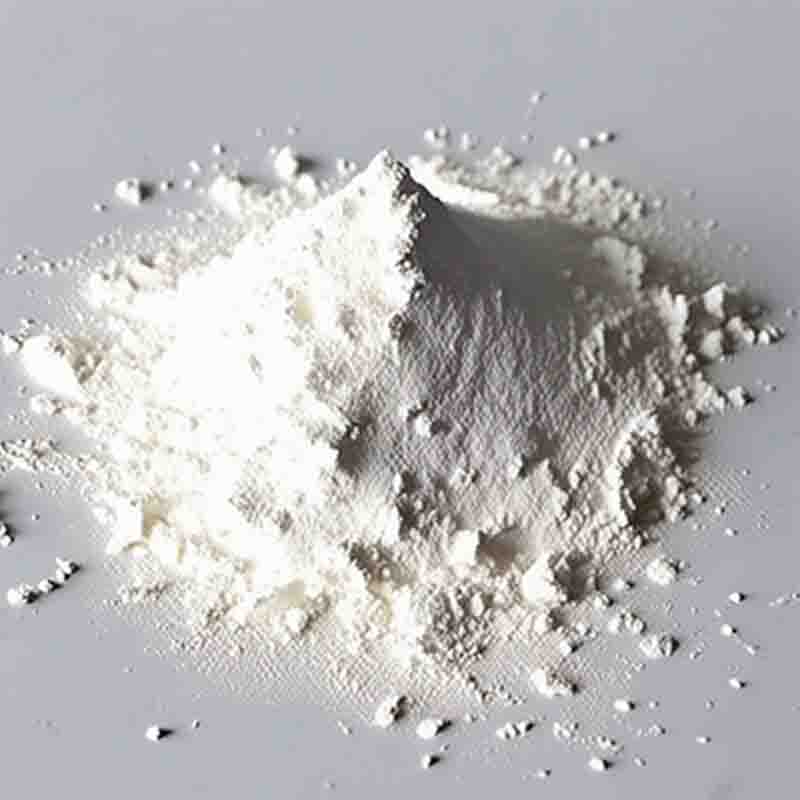4-HydroxyphenylboronicacidTHPether CAS: 182281-01-2
| Catalog Number | XD94748 |
| Product Name | 4-HydroxyphenylboronicacidTHPether |
| CAS | 182281-01-2 |
| Molecular Formula | C11H15BO4 |
| Molecular Weight | 222.05 |
| Storage Details | Ambient |
Product Specification
| Appearance | White powder |
| Assay | 99% min |
4-Hydroxyphenylboronic acid THP ether, also known as THP-protected 4-hydroxyphenylboronic acid, has various applications in different industries.
One of the main uses of 4-Hydroxyphenylboronic acid THP ether is as a building block in organic synthesis. The THP ether group in the molecule serves as a protective group, allowing for selective reactions at other functional groups in the molecule. This protection-deprotection strategy is commonly used in the synthesis of complex organic compounds, such as pharmaceuticals and agrochemicals. The THP-protected 4-hydroxyphenylboronic acid can be selectively deprotected to expose the boronic acid group, which can then participate in various reactions, including cross-coupling reactions and boronate ester formation.
4-Hydroxyphenylboronic acid THP ether also finds application as a ligand in catalytic processes. The boron atom can coordinate with transition metals, forming a complex that acts as a catalyst in various reactions. These reactions include cross-coupling reactions, hydrogenation, and other transformations. The THP ether group can provide steric and electronic effects, influencing the selectivity and efficiency of the catalytic process.
Furthermore, 4-Hydroxyphenylboronic acid THP ether can be used as a starting material for the synthesis of boron-containing polymers and materials. The boronic acid group in the molecule can undergo polymerization reactions, leading to the formation of boron-containing polymers with unique properties. These polymers can find applications in areas such as electronics, sensors, and materials science.
In conclusion, 4-Hydroxyphenylboronic acid THP ether has versatile applications in organic synthesis, catalysis, and polymer chemistry. Its unique structure and properties make it a valuable compound in various industries, contributing to advancements in pharmaceuticals, materials science, and chemical research.


